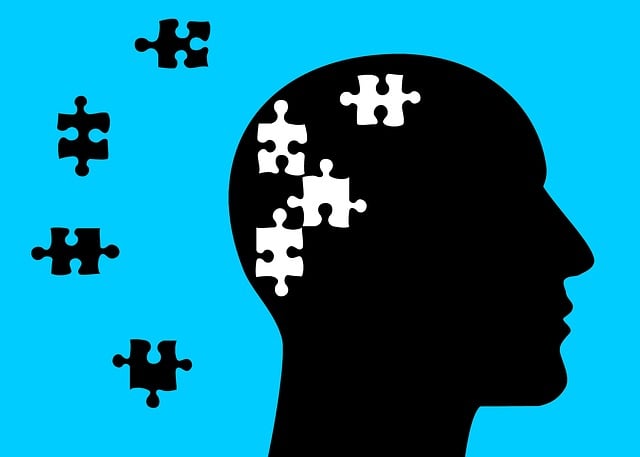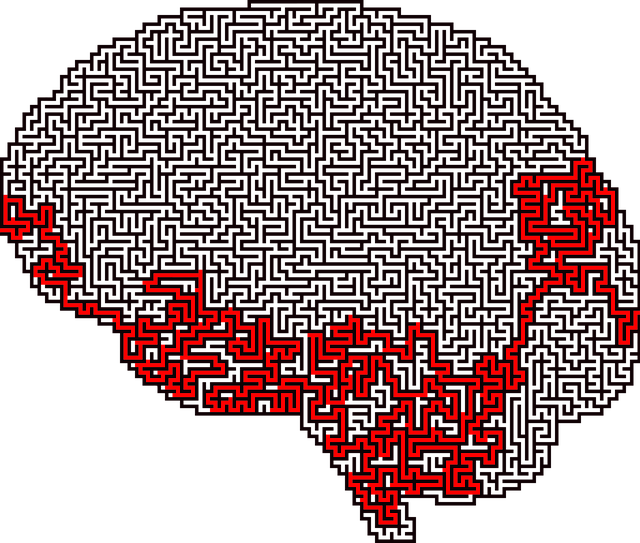Crisis Intervention Teams (CITS), comprised of mental health experts, utilize advanced techniques like Superior Pain Management Therapy for effective acute crisis management. This holistic approach includes emotional support, pain relief, and stress management training, enhancing well-being and resilience during high-risk situations. By integrating Superior Pain Management Therapy and other comprehensive skills, CITS reduce the need for long-term treatment, foster compassion, and build a more resilient community response to mental health crises.
Crisis intervention team (CIT) training programs play a vital role in equipping individuals with the skills to navigate and de-escalate high-stress situations. This article explores the essential components of CIT training, focusing on its profound impact on community well-being. We delve into the unique contribution of integrating superior pain management therapy within these programs, enhancing crisis response effectiveness. By understanding the key elements of CIT training, we can foster healthier and more supportive communities.
- Understanding Crisis Intervention Teams: Their Role and Impact
- Key Components of Effective Crisis Intervention Team Training
- Integrating Superior Pain Management Therapy in Crisis Response Training Programs
Understanding Crisis Intervention Teams: Their Role and Impact

Crisis Intervention Teams (CITS) play a pivotal role in addressing acute mental health crises, offering immediate support and guidance to individuals in distress. These specialized teams consist of trained professionals from various disciplines, including psychologists, social workers, and psychiatrists, who collaborate to provide effective interventions. Their primary goal is to de-escalate high-risk situations, ensure safety, and connect individuals with appropriate long-term care options.
By integrating Superior Pain Management Therapy, Depression Prevention strategies, Mental Wellness Journaling Exercise Guidance, and Mindfulness Meditation techniques into their approach, CITs can enhance the overall well-being of those facing mental health challenges. This comprehensive training equips team members to recognize subtle cues, implement evidence-based practices, and foster a sense of resilience in individuals experiencing acute crises, potentially reducing the need for more intensive or prolonged treatment in the future.
Key Components of Effective Crisis Intervention Team Training

Effective crisis intervention team training programs are multifaceted and dynamic, designed to equip participants with the skills needed to handle high-stress situations. A key component is Superior Pain Management Therapy, which teaches teams how to recognize and alleviate pain symptoms, a crucial aspect of crisis care. This involves not only administering medical solutions but also employing empathetic communication techniques to create a soothing environment for individuals in distress.
Additionally, training should incorporate Self-Awareness Exercises to enhance the team’s ability to manage their own emotions during crises. These exercises foster an understanding of personal triggers and stress responses, enabling team members to stay composed and provide consistent support. Moreover, integrating Public Awareness Campaigns Development and Stress Management Workshops Organization into the curriculum broadens the team’s perspective by educating them on community resources and effective strategies for managing widespread panic or trauma.
Integrating Superior Pain Management Therapy in Crisis Response Training Programs

Integrating Superior Pain Management Therapy into crisis response training programs offers a transformative approach to equipping teams with essential tools for effective intervention. Traditional crisis training often focuses on de-escalation techniques and physical restraint, but it rarely addresses the profound emotional impact of crises on individuals. Superior Pain Management Therapy goes beyond mere symptom relief; it utilizes evidence-based practices to enhance emotional intelligence, fostering a deeper understanding between responders and those in distress. By integrating these principles into training, teams learn to recognize and respond appropriately to the psychological aspects of crisis situations, thereby reducing burnout potential.
This holistic approach leverages mind over matter principles, empowering individuals to manage their own stress and emotions during high-pressure events. Participants gain valuable skills to navigate complex emotional landscapes, ensuring they remain composed and effective in their responses. Ultimately, integrating Superior Pain Management Therapy into crisis intervention training not only improves the quality of care but also fosters a more compassionate and resilient crisis response community.
Crisis intervention team training programs play a pivotal role in equipping professionals with the skills to navigate and de-escalate critical situations effectively. By integrating superior pain management therapy into these programs, we enhance the team’s ability to provide holistic support during crises. This approach ensures that individuals in distress receive not only psychological aid but also effective pain relief, fostering a more compassionate and comprehensive response. Through comprehensive training, crisis intervention teams can make a profound impact on the lives they touch, offering hope and healing in moments of greatest need.













